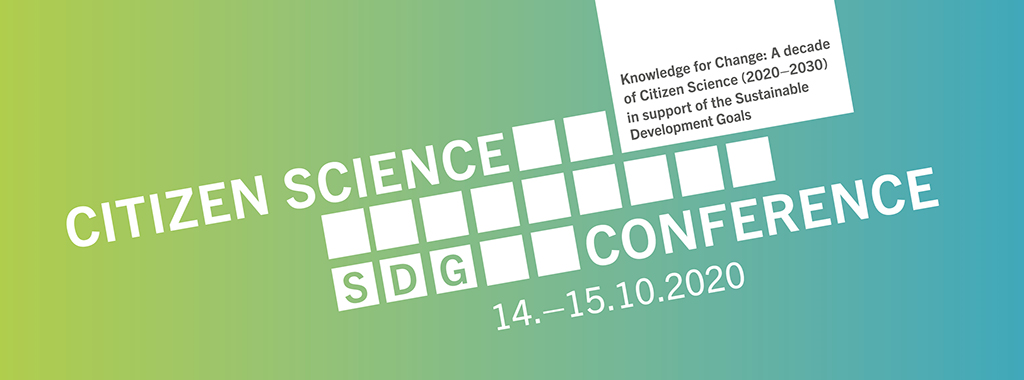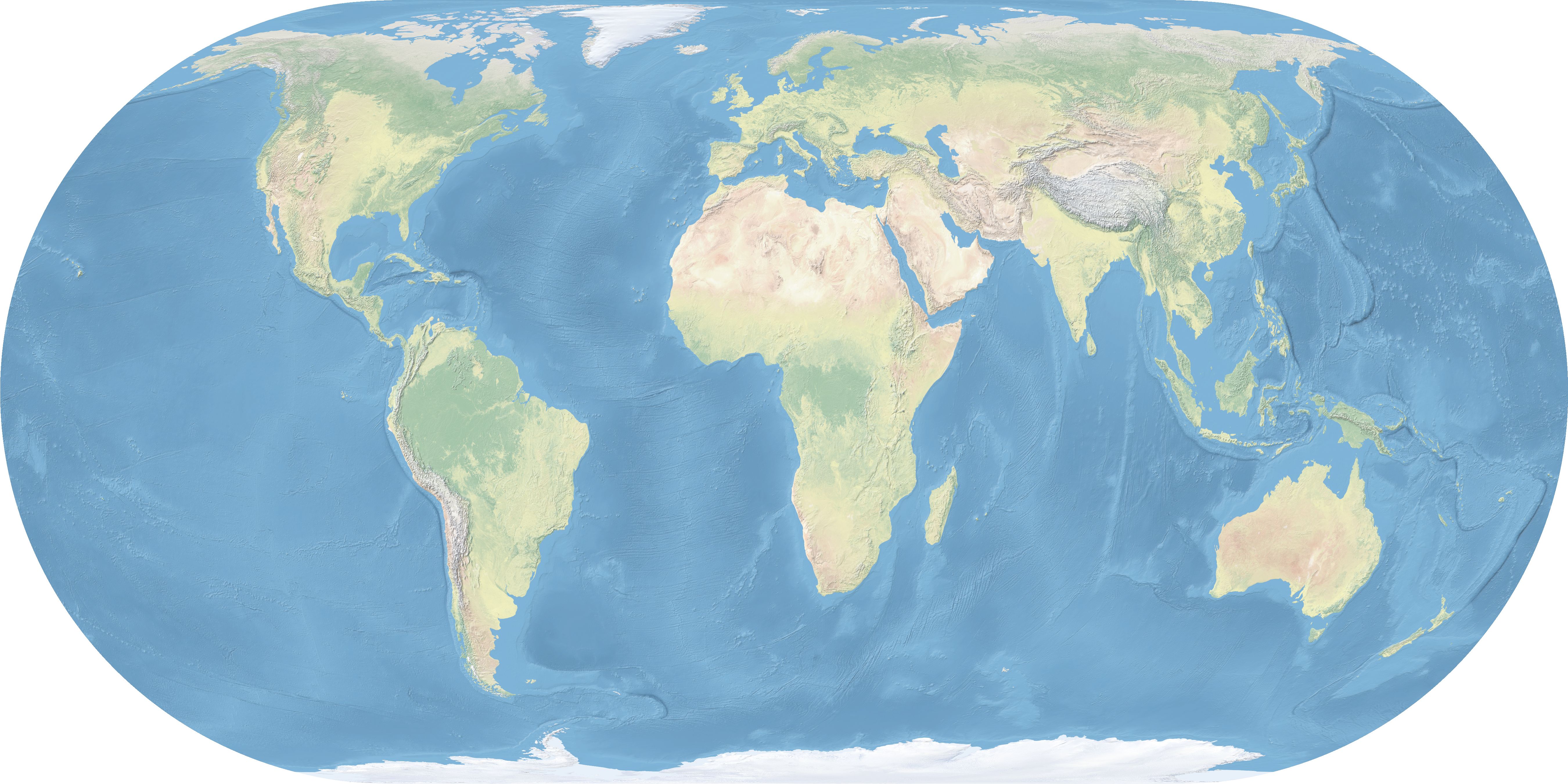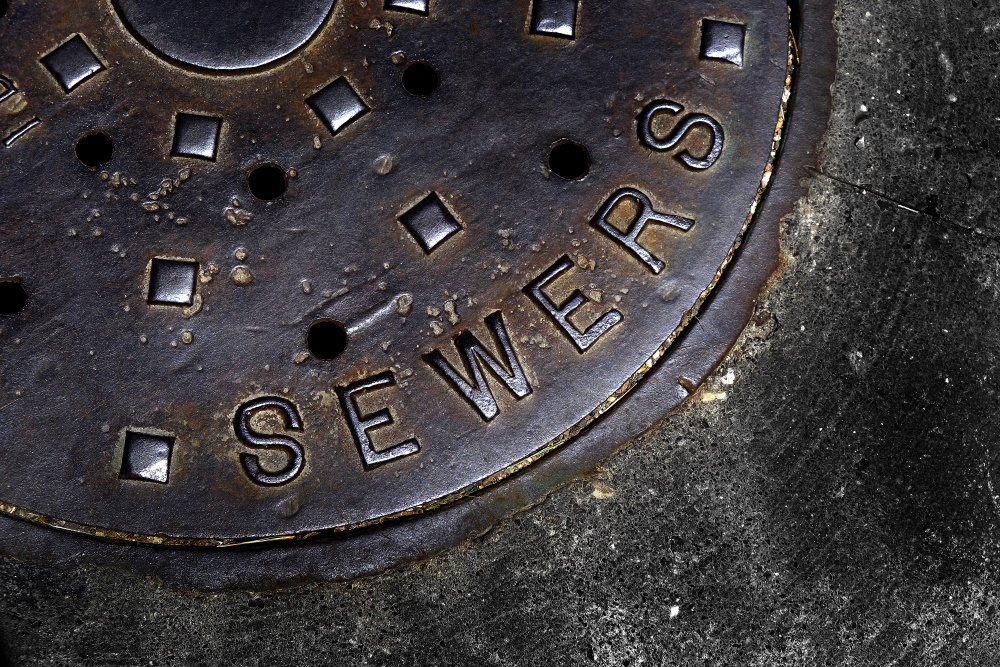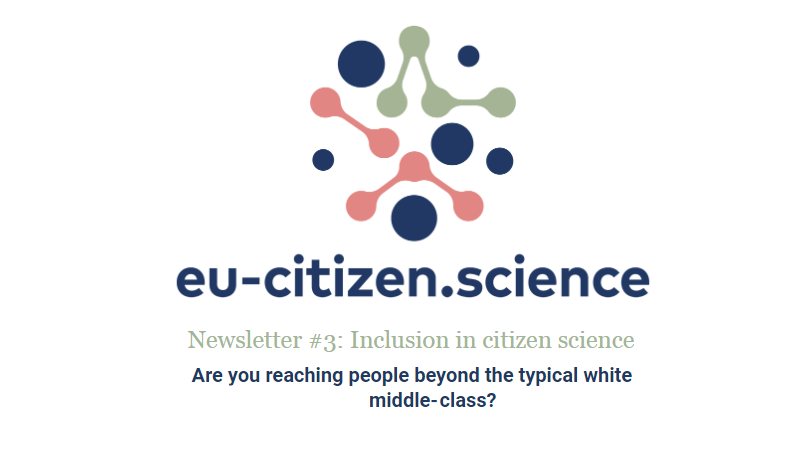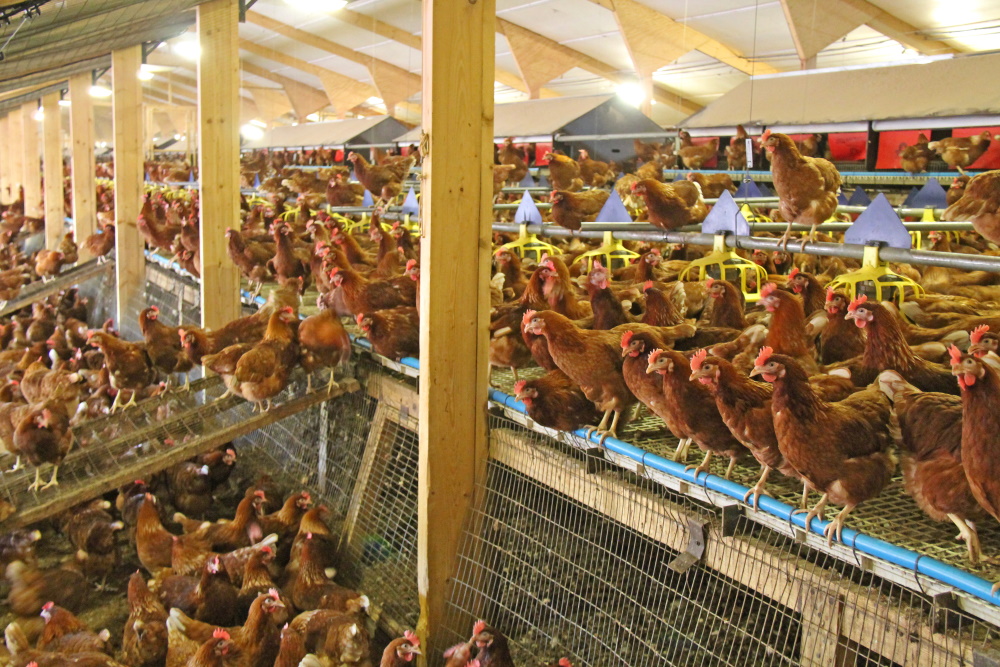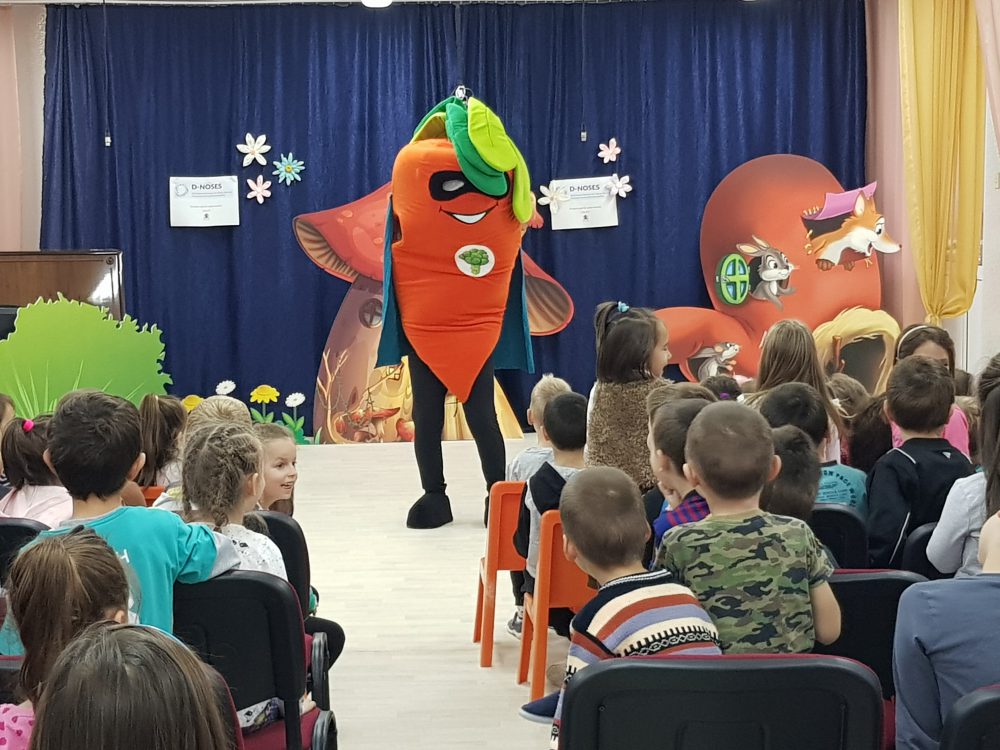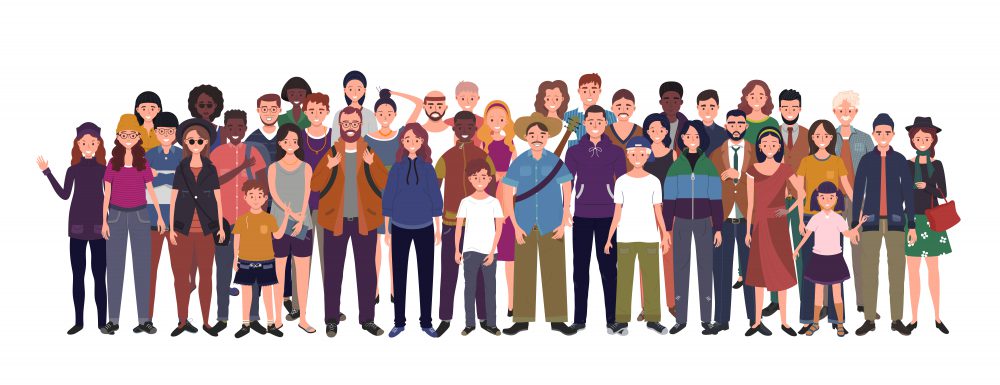
Inclusiveness by Design
The cause of the project is odours, an issue that knows no boundaries. This could then be defined as an inclusive problem, affecting all those in its path. It requires an inclusive solution, implemented by all the stakeholders involved. D-NOSES has explicitly embraced models of social engagement including the Bristol Method and Extreme Citizen Science, both of which advocate for the inclusivity in the broadest sense of the word. […]
